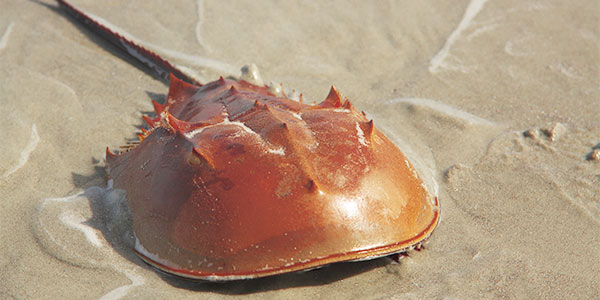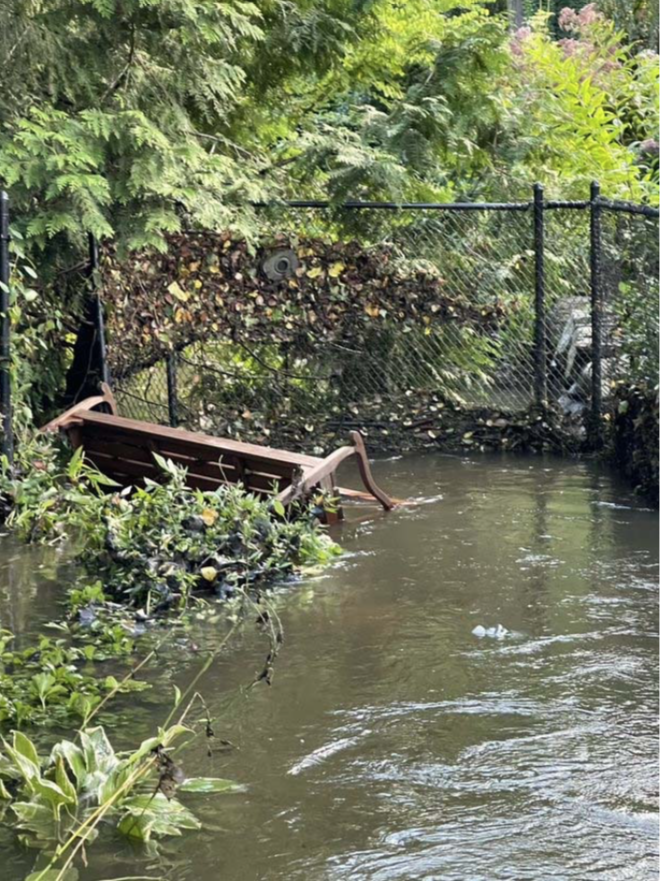Gov. Ned Lamont held a bill signing ceremony yesterday along the shoreline in Stratford for a new law banning the harvest of horseshoe crabs from Connecticut waters.

The legislation was sought in the wake of the plummeting horseshoe crab population in the Long Island Sound. Thousands of horseshoe crabs are captured by fishermen each year and are typically used as bait in traps to catch whelk and eels, while many others are sold the biomedical industry, which uses their blood in vaccine research.
The population decline has an ecological domino effect, as certain migratory shorebirds such as the red knot rely on horseshoe crab eggs for food during its annual migration to the Arctic.
The new law, which takes effect on Oct. 1, enables the Department of Energy and Environmental Protection to issue permits authorizing the limited harvesting of horseshoe crabs only for scientific and educational purposes if it is determined that doing so will not harm the overall horseshoe crab population.
Connecticut is the latest state to enact a ban, following laws passed in Delaware, New Jersey, and South Carolina. Those found in violation will be fined $25 per pilfered horseshoe crab.
“The number of horseshoe crabs in Long Island Sound and throughout the Atlantic Coast has been severely depleted in recent years, raising concerns that this ancient species that has been around longer than the dinosaurs could be driven into extinction from overharvesting,” Lamont said. “This law says that we need to take a break and let this species regenerate and get back to a state of good health. I strongly urge our neighboring states to join this growing coalition and enact similar laws to protect the population in their waters.”
Photo courtesy of National Wildlife Federation




















